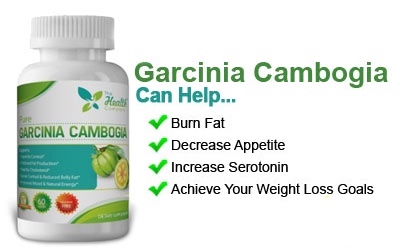
Whether you have an occasional headache or suffer from them often, you might be looking for ways to lower their frequency or ease them once they arrive. Here is some general information about headaches, what causes them, and ideas for dealing with them.
What Causes Headaches?
Headaches can be primary or secondary to other conditions. Examples of primary headaches include:
- Tension headaches
- Migraines
- Cluster headaches
- Headaches associated with a specific activity like coughing or exercising
Primary headaches can have triggers like stress, certain foods or alcohol, poor sleep, or not enough food.
Examples of secondary headaches, which are those that are caused by an underlying condition, include:
- Sinus headaches
- Aneurysm pain
- Brain tumor-related headaches
- Concussion headaches
- Dehydration headaches
- Meningitis headaches
- Head pain from ear infections
- High blood pressure-related headaches
- Headaches secondary to medications
- Head pain from trigeminal neuralgia
- Rebound headaches from overuse of headache medication
When Should a Headache Prompt a Doctor Visit?
You should schedule a visit with your doctor if you are concerned about your headaches in any way. For example, if your headaches are occurring more often than usual, are more severe than usual, or they interfere with your normal life, see a doctor.
You should go to the emergency room or call 911 right away if a headache is associated with:
- Confusion
- Blacking out
- High fever
- Numb or weak feelings anywhere in your body
- Stiff neck
- Vomiting
- Trouble seeing, hearing, or communicating
General Tips for Dealing with Headaches
Here are some general tips for easing headache pain and decreasing their frequency.
These tips are of a general nature and not meant to replace your doctor's individual recommendations for your condition. Don't delay seeking treatment if you are experiencing symptoms that are new or unusual for you.
- If you have frequent headaches, keep a headache journal. Write down everything you can remember about the hours leading up to your headache, including what you ate and drank that day, your stress levels, and how you slept the night before. Over time, this journal might reveal to you a connection with a food, emotional state, or other condition that triggers your headaches and which you might be unable to identify without careful thought and record keeping.
- Get regular exercise. The endorphins released during exercise can fight headaches from many causes. Exercise also relieves stress and helps boost your immune system.
- Focus on getting good quality and quantity sleep. Sleep has impacts on every aspect of your health and well-being. Not getting enough sleep or getting poor quality sleep can cause or exacerbate headaches.
- Create or improve your stress management plan. Stress can cause headaches, and it can also be the result of headaches. Either way, a vicious cycle of stress and head pain can leave you suffering. Ramp up your stress management plan to deal with and potentially decrease your headaches. Find what works for you. Some commonly used and useful stress relief techniques include yoga, meditation, aromatherapy, acupuncture (which may also relieve headaches with other causes), and exercise.
- Rest. If possible, as soon as you feel a headache coming on, lie down in a cool, dark room, and close your eyes. If you can, sleep for a little while. This will get rid of many headaches.
- Water, water, water. Keep yourself well-hydrated at all times, but when you start to feel a headache, drink a glass or two of water. A dehydration headache will be relieved right away if you do so.
- Ice the painful area. Use a cold washcloth, cold compress, or freezable eye pillow to apply cold to the sore area of your head.
- Get regular massages. This can help relieve chronic muscle tension in the neck and shoulders that can result in headaches and decrease headache-triggering stress. The massage therapist can even focus on the temples or back of the head and help relieve in-process headaches.
- Be sure to take a break from your digital screens regularly. Eyestrain from using computers, tablets, and phones can cause eyestrain, a common cause of headaches.
- Use sunglasses and full-brim hats in the sun. Especially for migraine sufferers, bright sunlight can trigger headaches. Take care of your eyes, skin, and decrease your headaches by using sun protection.
- Certain herbs, spices, and supplements can help decrease the pain from headaches or lower their frequency. You should always check with your doctor before beginning one of these, especially if you have any health conditions or are on any medications, but the following herbs and supplements may help with some people's headaches:
You can learn more here: "Foods, Spices, Herbs, and Supplements for Headaches."


